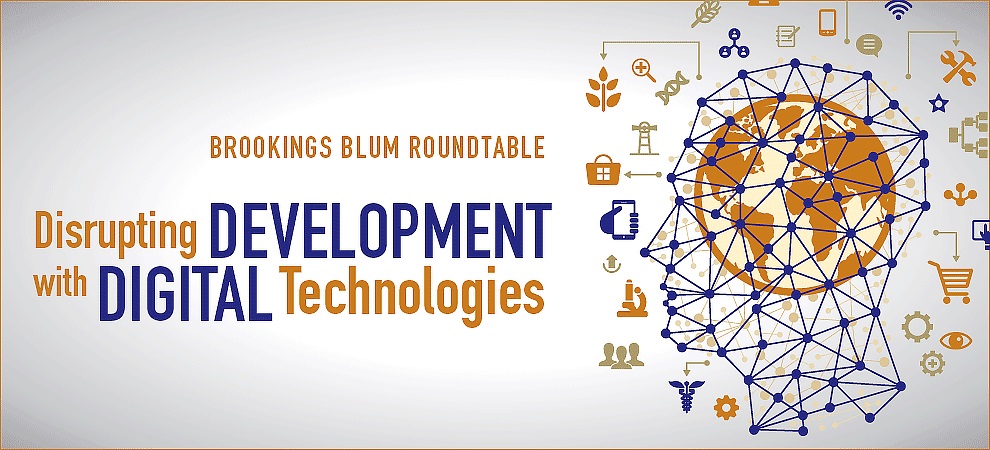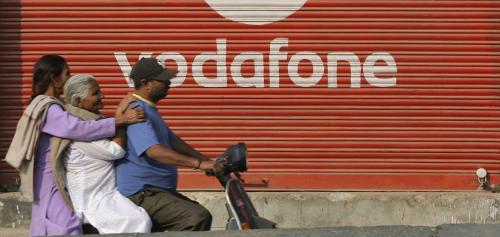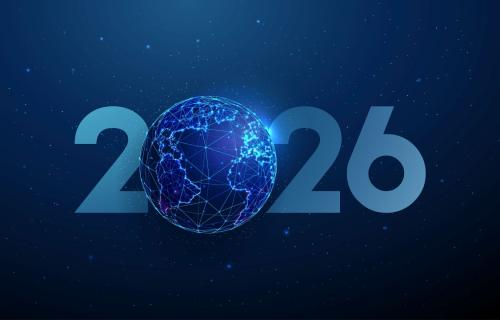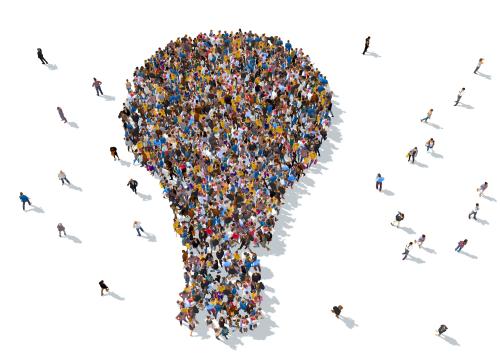On August 5-7, the Global Economy and Development Program at Brookings hosted its 12th annual Brookings Blum Roundtable on Global Poverty in Aspen, Colorado. At this year’s event, titled “Disrupting development with digital technologies,” Brookings experts and colleagues discussed how the emergence of a new digital economy is changing the ways in which businesses and development organizations engage in emerging and developing countries.
Will the digital revolution deliver for the world’s poor?
Irving Wladawsky-Berger discusses how the digital revolution presents profound opportunities for global development. By integrating poor people into digital networks, the revolution can redefine what it means to be poor, and forge new pathways to prosperity for both individuals and countries.
Ending poverty with electronic payments
Between 2011 and 2014, 700 million people started a bank account for the first time, representing a giant step toward the World Bank goal of universal financial inclusion by 2020. Paul Niehaus and Michael Faye discuss how global money could transform formal and informal business as the digitalization of payments pushes the cost of basic financial transactions down toward zero.
Networking the world for global opportunity
A number of ventures are competing today to bring internet connectivity to the furthest corners of the planet, while low-cost user-centered- designed platforms are expanding the spread of digital literacy. Alec Ross explains how social media and crowdsourcing offer efficient ways for people to share information, solve problems and act collectively.
Will the spread of digital technologies spell the end of the knowledge divide?
Deepak Mishra argues that the creation of a universal digital network will both provide the poor with greater access to the information they need, and generate new knowledge that can be used to serve poor people more effectively. Digital inclusion can expand possibilities for targeting, verification and analysis, while big data from biometric registries, satellites, phones, payments and the internet can unlock insights on individual needs and preferences.
The future of work in the developing world
While the digital economy promises to disrupt many existing markets, Marco Annunziata explains how business can employ digital technologies to generate new business opportunities that employ and serve the poor.
Foreign assistance in the digital age
The U.S. government sees itself as a leader in harnessing technology for global development. Meanwhile, aid agencies have been identified as a possible target for disintermediation by the digital revolution. Ann Mei Chang discuss how both development organizations, both government and nongovernment, can accelerate the digital revolution.
The Brookings Blum Roundtable is an annual forum for global leaders, entrepreneurs and practitioners to discuss innovative ideas and advance groundbreaking initiatives to alleviate global poverty. Learn more »
The Brookings Institution is committed to quality, independence, and impact.
We are supported by a diverse array of funders. In line with our values and policies, each Brookings publication represents the sole views of its author(s).





